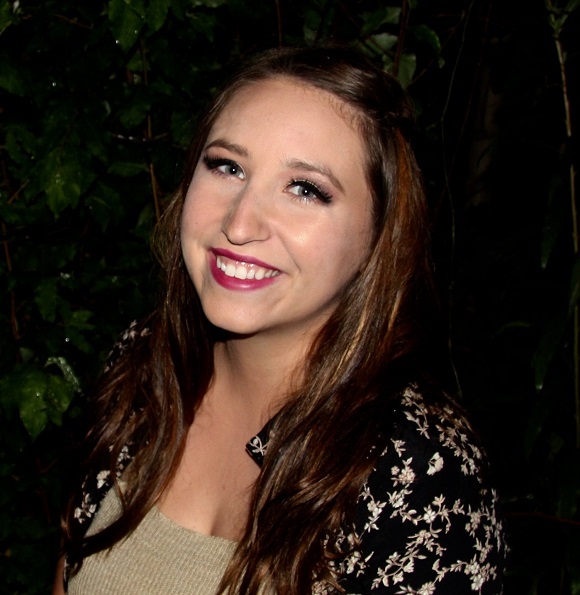Most know the YWCA for its critical support of abused and homeless women. But the YWCA of Greater Memphis also offers comprehensive job training and development services to help local women transition from poverty to a livable wage.
The YWCA organization has existed in the United States in some iteration since 1858, when the first US Ladies Christian Association was formed in New York City. Two years later, the first boarding house for women opened in New York City and catered to students, teachers, and factory workers. YWCA has since worked on myriad social justice initiatives, from advocating for women’s education to violence prevention to its National Board becoming a sponsoring agency of the 1963 summer March on Washington for Jobs and Freedom.
The YWCA of Greater Memphis opened in 1919, and their shelter for abused women opened in 1992. YWCA’s mission is simply stated – eliminating racism and empowering women. The resources and programming required to work towards those goals are more complex. YWCA approaches abused women’s services from several different angles, as well as offering training and development services, community education, and decentralized child care in 18 Shelby County schools.
There are four major components to YWCA’s abused women’s services. There is a homeless hotline and an abuse crisis hotline, both available 24 hours a day. The shelter is open in the 38126 zip code, and the address is purposely kept secret to keep those seeking shelter safe from abusers. YWCA also offers court advocacy to assist women navigate through filing orders of protection, violations of orders of protection and arrest warrants. They provide community education in high schools across Memphis to educate young people about the dynamics of both healthy and abusive relationships. They also offer all these services in Spanish, plus extra support for immigrant women who are up against extra barriers in getting out of abusive relationships.
In Memphis, there is no shortage of women who need this type of support. According to a Memphis crime report, in 2015, there were 37 reports of aggravated domestic violence assaults within a two-mile radius of the Highland YWCA location, and 40 reported incidents near the Troyer Avenue location. Those numbers don’t even include reported simple assault numbers, or any domestic violence that wasn’t reported. According to Jackie Williams, Executive Director of YWCA of Greater Memphis, Memphis’ challenges are not that different from other comparable cities. “I wouldn’t say that Memphis’ challenges are unique,” she said. “I do believe that Memphis is distracted particularly by crime in the city, and being distracted by crime prevents emphasis or dollars that could be used elsewhere.”
Dollars that could be used, for example, to support training and development services like those offered at YWCA. The classes allow low-income women to get specialized training in non-traditional jobs that are typically dominated by men - - computer repair technician, construction worker, forklift driver, certified electrician. These classes often open the doors for Memphians to transition from poverty to a livable wage. “I’m proud of our training program that people can move from being poor to empowered. Getting a certification or a GED is a major deal. These are things that a lot of us take for granted,” Williams said.
Certain elements of YWCA have taken a backseat due to lack of resources. For example, the renowned Common Ground program allowed people of different race, gender and economic backgrounds to get together and have open dialogue in a safe space. The program has been inactive for a few months, but not due to a lack of need. “People find we’re a lot more the same than we are different, and people who have gone through the program really value it,” Williams said.
A 2011 fiscal report states that the YWCA served 8,783 individuals in a given year. It also stated their public support donations totaled just over $1M dollars, and they finished the year with a $150K deficit. By comparison, the YWCA of Greater Nashville operated on a $4.8M budget in 2014, and $4.3M budget in 2015. However, Memphis is one of the most charitable cities in the United States, with 5.1% of income going to non-profit or public charities.
“If we weren’t there, it would be a deficit. You need someone who can understand what you’re going through. We double as a sort of community center for our residents as well. But the needs are greater than we can support. The community needs to know we need money,” Williams said.
There are many ways residents of Memphis can assist in keeping the work of YWCA in the city. YWCA actively accepts donations for its emergency shelter including cleaning supplies, hygiene products, diapers, and twin bedding. Individuals are also able to become sustaining members of YWCA or make a donation to the organization on their website, http://www.memphisywca.org/.
Enjoy this story?
Sign up for free solutions-based reporting in your inbox each week.

Emily Rooker hails from a small suburb in Michigan and attended college at Berklee College of Music. She is the Director of Community at Cowork Memphis, co-founder of The Lapel Project, active musician and freelance writer. Emily is passionate about community building, social activism, entrepreneurship, and living life like a tourist in Memphis.